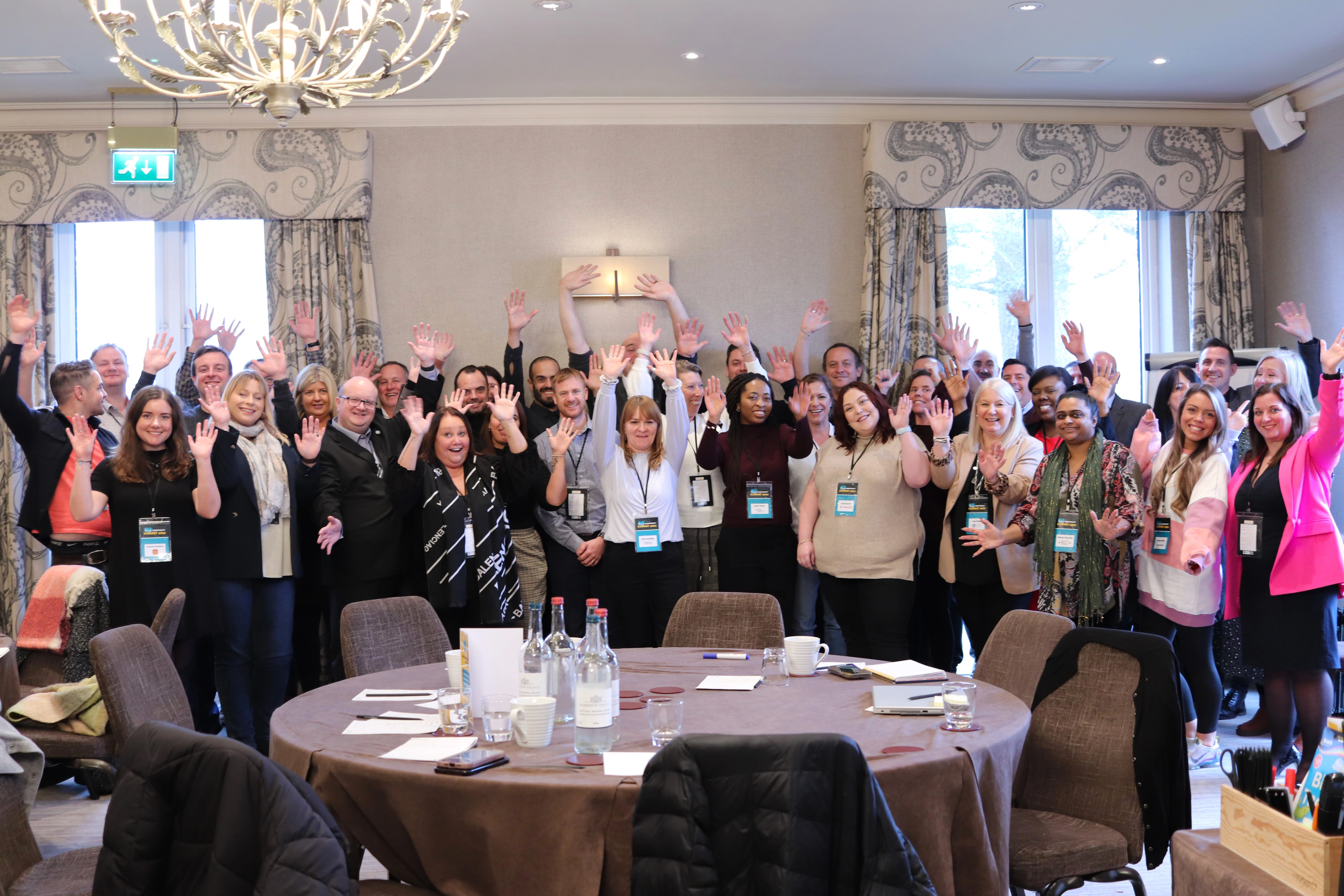
Partner Article
A New Year in hospitality: reasons for the sector to be optimistic in 2023
Dan Sullivan, head of partnerships, hospitality at Lifetime
The hospitality sector is growing. In the Southwest alone there are 50,000 new hotel beds set to launch in 2023/24. Financial investment in the sector is there as well as public demand.
Despite this, the supply and demand challenges in the industry aren’t going to go away anytime soon. Recruitment continues to be the biggest factor as the sector attempts to recoup after issues including Brexit laws which have limited the flow of workers to the UK.
The role of apprenticeships
Huge gains are being made by recruitment strategies that focus on apprenticeships.
Not only do they serve as a way to rectify retention figures, with 73% of employees in hospitality still working for the same employer two years after achieving their apprenticeship . They also have a positive impact on people of all ages that undertake them.
Learning and development leads at some of Lifetime’s largest hospitality partners met at the Loving Hospitality Summit 2022 in December where Lifetime’s insight consultant, Dan Kunka demonstrated that apprenticeships have a positive impact on learners:
- 84% of apprentices believe that they are important in achieving career goals (this rises to 96% of those completing a level 5)
- 81% reported an increase in confidence after completing an apprenticeship (which rises to 93% for level 5 apprentices)
- 79% believe their apprenticeship makes them more productive (which rises to 89% in level 5 apprenticeships).
Continuing Professional Development is essential for the industry
Sam Coulstock, head of professional development at the Institute of Hospitality spoke at the Summit, noting that it’s not a skills challenge that the industry is facing, but a labour challenge. Nevertheless, there are lots of reasons to be optimistic. Valuable training partners provide dynamic and progressive education provision and there is also a lot of positive action being taken by industry bodies and employers working together. It is this coherent and collaborative support from within the industry that Sam believes will retain, grow and professionalise the sector and position hospitality as a career of choice.
Increasing operations teams’ involvement in Continuing Professional Development (CPD) was raised as a key point for hospitality employers. This was reflected in research from the Institute of Hospitality which show that:
- 95% of employers said that leadership training of supervisors and management roles was essential / very important for future needs
- 98% of employers said that CPD should be available for all staff
- 85% of employers said that CPD was essential for the recruitment and retention of staff
Coulstock also reported that hospitality employers had stated some of the key challenges to tackle in 2023 were:
- The increasing time it takes to recruit, stated by 85% of employers
- The need to increase chef pay to attract and retain employees, reported by 77% of employers
- Overall supply and demand challenges, expressed by 76% of employers.
Supporting the mental health of employees
Chef Joe Hurd, who is also an ambassador for the Chef Academy at Lifetime, spoke at the Summit about the current climate for chefs. He reflects that the industry has changed enormously in the time he has worked within it. He notes that a big part of this is providing more adequate support for employees.
When Joe started his career, the sector was renowned for its long hours and stressful working conditions. Fast forward to today and the industry has had a reset. Joe acknowledges that whilst it is largely down to reacting to retention challenges, the sector is now supporting more flexible ways of working. Employers are gaining a deeper understanding of employees and how they want to work and designing bespoke employment packages around them.
Joe states that mentorship, something that has aided him throughout his career, is also vital in the sector. Hospitality employers that operate a network of support where everyone is linked in a ‘big family network’, and where employees know who they can turn to for support has a huge influence on an individual’s mental health.
Not only is this supportive environment better for retention and the mental health of employees, it also positively impacts the bottom line. As outlined by Institute of Hospitality research above, the sector has previously had to meet increasingly high pay demands of chefs which is unsustainable in the long-term.
This was posted in Bdaily's Members' News section by Lifetime .
Enjoy the read? Get Bdaily delivered.
Sign up to receive our popular morning National email for free.








 Raising the bar to boost North East growth
Raising the bar to boost North East growth
 Navigating the messy middle of business growth
Navigating the messy middle of business growth
 We must make it easier to hire young people
We must make it easier to hire young people
 Why community-based care is key to NHS' future
Why community-based care is key to NHS' future
 Culture, confidence and creativity in the North East
Culture, confidence and creativity in the North East
 Putting in the groundwork to boost skills
Putting in the groundwork to boost skills
 £100,000 milestone drives forward STEM work
£100,000 milestone drives forward STEM work
 Restoring confidence for the economic road ahead
Restoring confidence for the economic road ahead
 Ready to scale? Buy-and-build offers opportunity
Ready to scale? Buy-and-build offers opportunity
 When will our regional economy grow?
When will our regional economy grow?
 Creating a thriving North East construction sector
Creating a thriving North East construction sector
 Why investors are still backing the North East
Why investors are still backing the North East